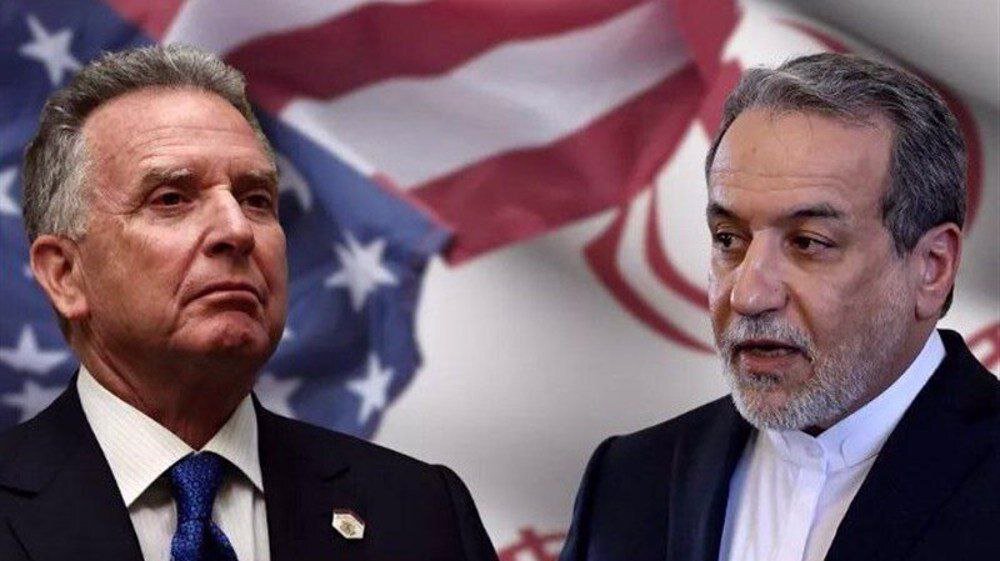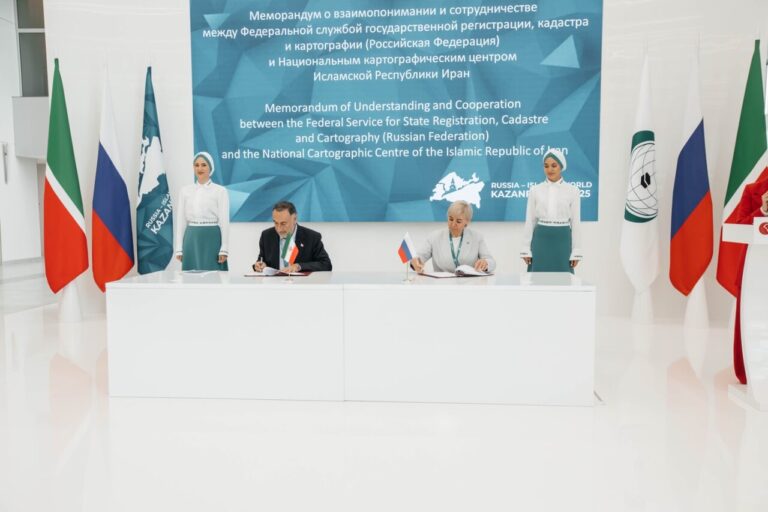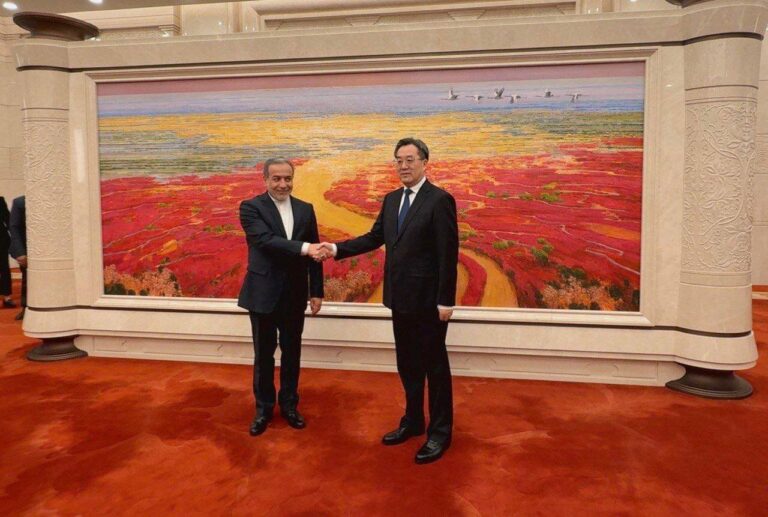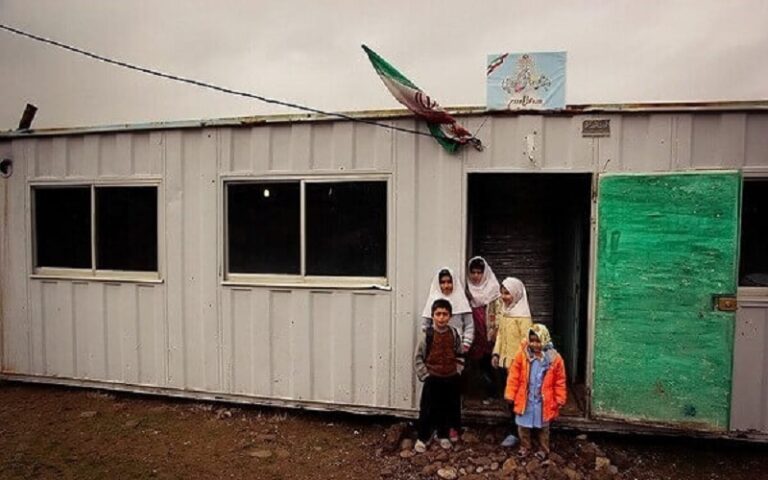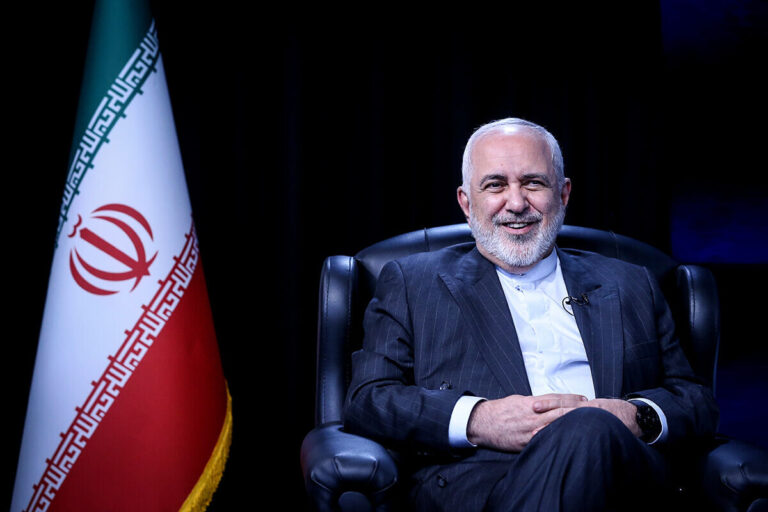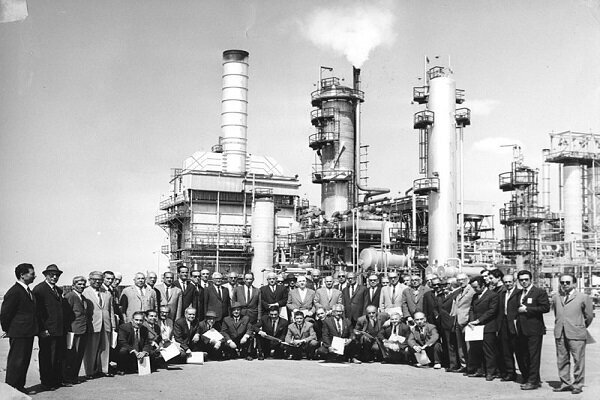Tehran Triumphs: Iran-US Nuclear Talks Yield Positive Results in First Round
In a significant development in international diplomacy, the first round of nuclear talks between Tehran and Washington took place indirectly in Oman. This diplomatic engagement has drawn attention as it signals a potential shift in the dynamics of negotiations surrounding Iran’s nuclear program.
The discussions, held on Saturday, were facilitated by the Omani foreign minister, who acted as a mediator, relaying messages between the Iranian and American delegations. The New York-based Council on Foreign Relations Think Tank reported that the talks seemed to favor Tehran.
Here are some key points highlighting the nature and implications of these talks:
- Indirect Negotiations: Initially, the United States sought direct talks, while Iran preferred to engage indirectly. This compromise led to the negotiations being conducted in Oman.
- Focus on Nuclear Issues: The discussions reportedly centered solely on Iran’s nuclear program. Critics of the previous nuclear deal, known as the Joint Comprehensive Plan of Action (JCPOA), established in 2015 during Barack Obama’s presidency, have pointed out that Iran’s missile program was not included in these negotiations.
- US Stance: From the onset of the talks, the US appeared to display signs of weakness, moving away from its earlier objective of completely halting Iran’s nuclear program. This was a notable shift from the stringent demands put forth by the Trump administration, which insisted on dismantling the nuclear program entirely and curbing advancements in Iran’s missile capabilities.
The implications of these negotiations are far-reaching, particularly concerning global security and regional stability. The JCPOA was a landmark agreement aimed at limiting Iran’s nuclear capabilities in exchange for the lifting of economic sanctions. However, following the US withdrawal from the agreement in 2018, tensions have escalated, leading to increased scrutiny on Iran’s nuclear activities.
Current Context: The ongoing discussions come at a time when Iran has been advancing its nuclear program, which has raised concerns among Western nations and other regional players. The lack of focus on missile programs during the recent talks may also indicate a strategic decision by the US to prioritize nuclear issues over other security concerns.
As the negotiations unfold, the following factors will be crucial to monitor:
- The Role of Oman: Oman has played a critical role as a mediator in these talks. Its unique position in the region, maintaining good relations with both Tehran and Washington, could facilitate ongoing dialogue.
- Responses from International Stakeholders: The reactions of other nations, particularly those involved in the original JCPOA negotiations, will influence the trajectory of these talks. Countries like France, Germany, and the UK may push for a broader discussion that includes missile development.
- Domestic Reactions: The political landscape in both Iran and the US will impact the negotiations. In Iran, hardliner factions may oppose any concessions, while in the US, there may be bipartisan pressure to take a tougher stance.
In summary, the indirect nuclear talks between Tehran and Washington are a pivotal moment in the ongoing dialogue surrounding Iran’s nuclear ambitions. While the initial discussions have shown a tendency towards Iranian favor, the complexities of international diplomacy and the varied interests of involved parties will shape the future of these negotiations.
As the situation evolves, it remains essential to stay informed about the developments in these talks, as they could have significant ramifications for regional and global security.
